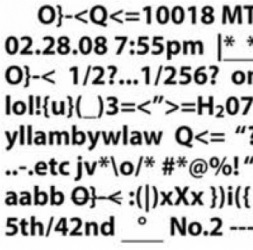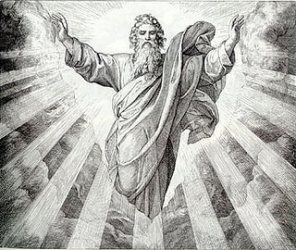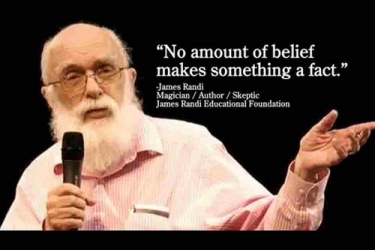dogmatic (a)
/dɔɡˈmæt̮ɪk/
being certain that your beliefs are right and that others should accept them

fervently (r)
/ˈfərvəntli/
in a state of having or showing very strong and sincere feelings about something

agnosticism (n)
/æɡˈnɑː.stəˌsɪzəm/
a believes that it is not possible to know whether God exists or not

dogma (n)
/ˈdɔɡmə/
a belief or set of beliefs that people are expected to accept without asking questions about them

mysticism (n)
/ˈmɪstəˌsɪzəm/
the belief that knowledge of God and of real truth can be found through prayer and meditation








































 Hãy đăng ký thành viên và đăng nhập để sử dụng chức năng này!
Hãy đăng ký thành viên và đăng nhập để sử dụng chức năng này!
Bình luận